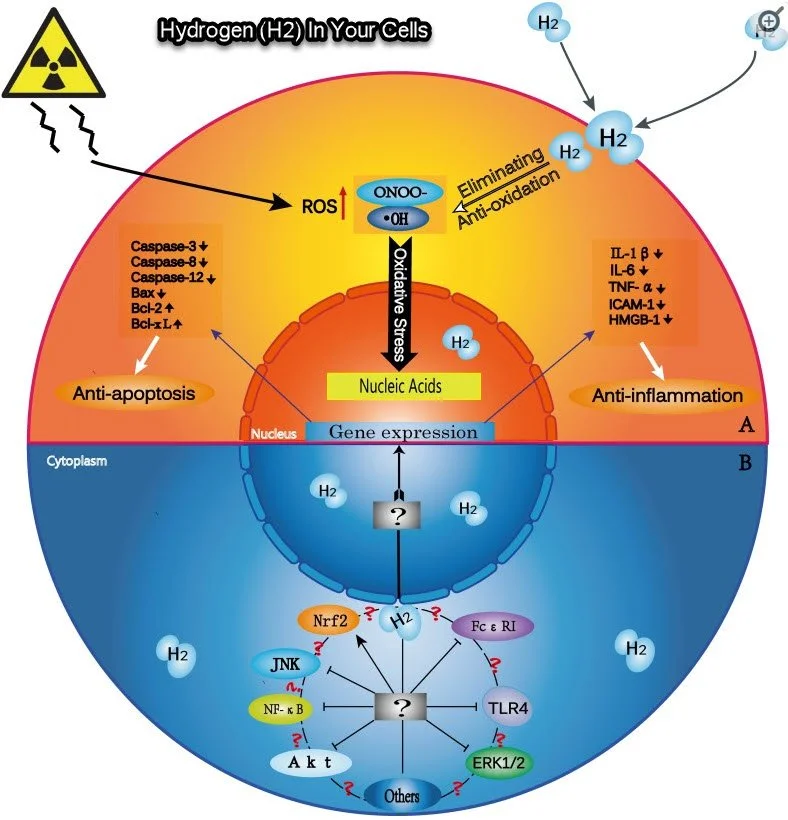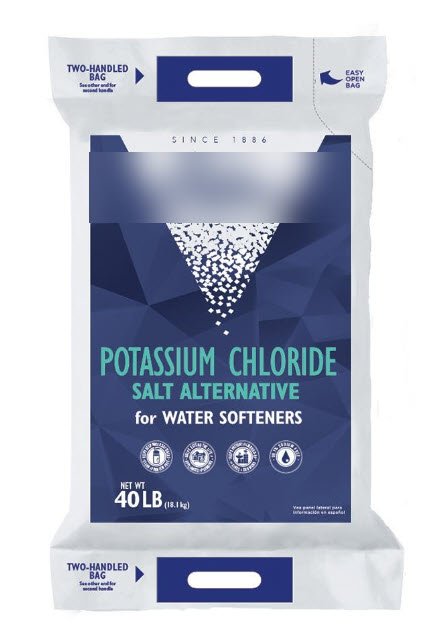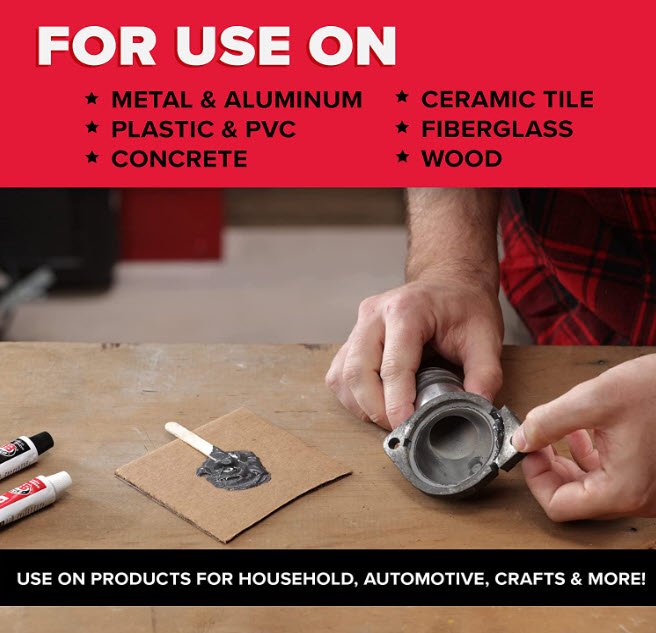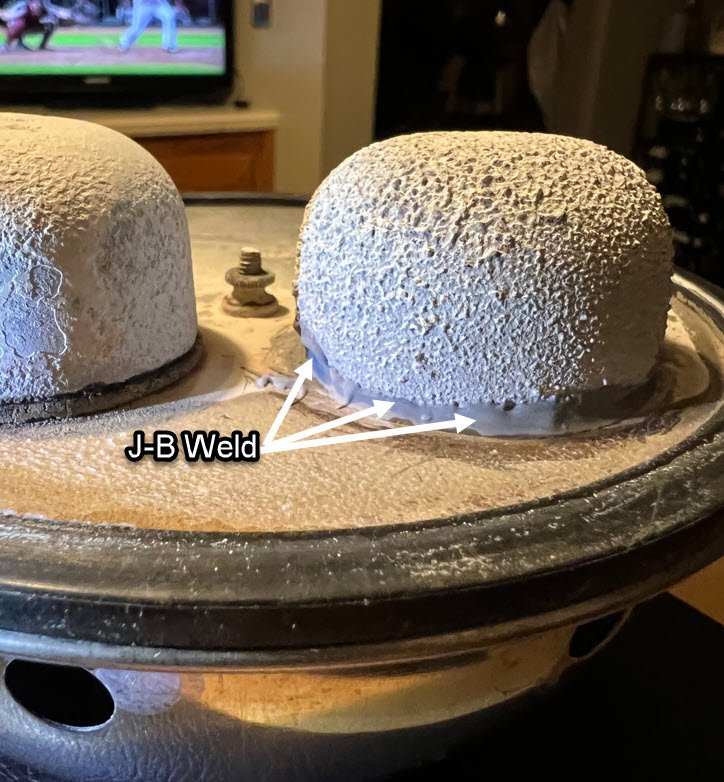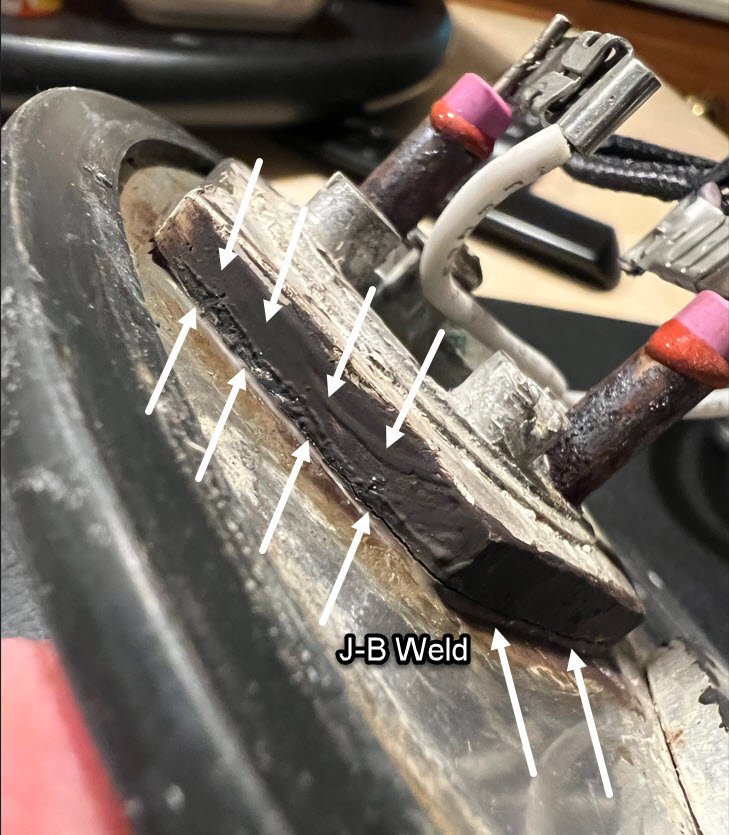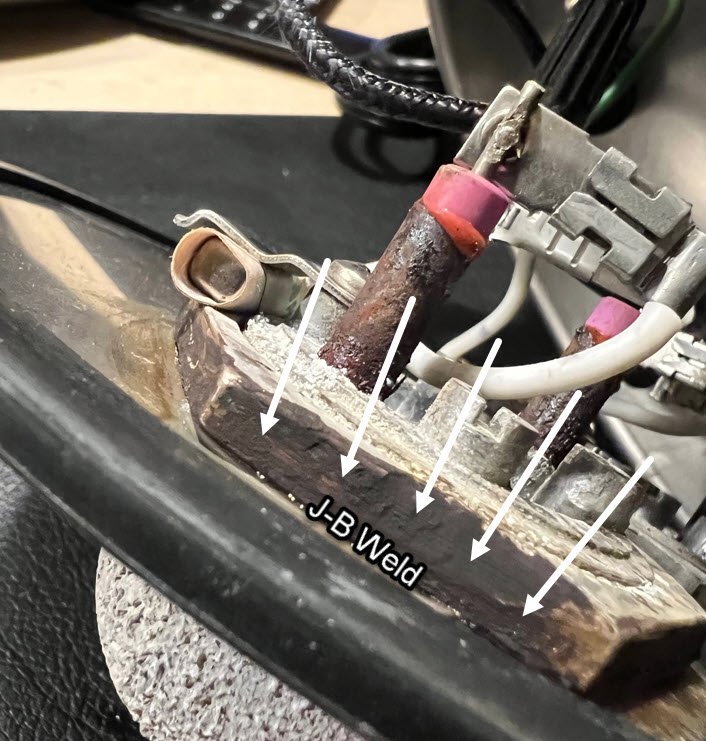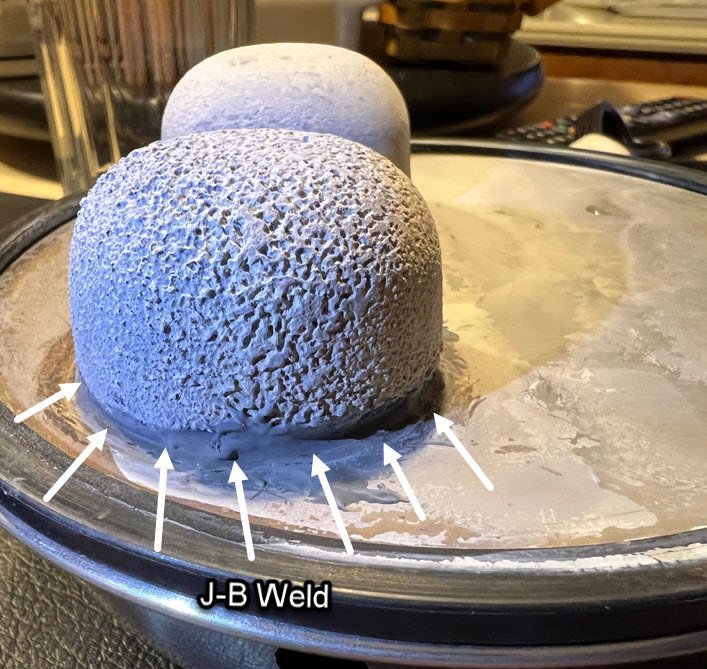5/7/2022
What is Molecular Hydrogen (H2)?
Molecular Hydrogen (H2) is a colorless, odorless, tasteless gas that is the lightest element in the universe. It is also the most abundant element in the universe, making up about 75% of all matter. In the human body, molecular hydrogen is found in the cells, tissues, and organs.
Molecular Hydrogen (H2) is the primary component in electrolyzed reduced water or ionized alkaline water. This water can only be made with a high quality water ionizer. It was first reported as a free radical scavenger in 2007, and its benefits have been reported to help more than 170 human diseases (2019). All the diseases that Molecular Hydrogen helps occur as a result of an over production of reactive oxygen species (ROS) or free radicals. Molecular hydrogen acts as an efficient antioxidant to reduce oxidation in the body caused by free radical damage. H2 reduces oxidative stress by creating a balance in antioxidant defenses needed to neutralize reactive oxygen species. H2 also exhibits anti-inflammatory benefits for pain management in the body.
H2 preventative and therapeutic effects have been observed in various organs including the brain, heart, pancreas, lungs, liver, intestines, stomach, skin and eyes. H2 has been shown to penetrate the blood-brain barrier, bio-membranes and effectively reaches the cell nuclei. H2 also downregulates the expression of pro-inflammatory and inflammatory cytokines. Cytokines are a broad and loose category of small proteins important in cell signaling. Cytokines are peptides and cannot cross the lipid bilayer of cells to enter the cytoplasm. Cytokines have been shown to be involved in autocrine, paracrine and endocrine signaling as immunomodulating agents. H2 modulates signal transduction within and between many pathways and upregulates the expression of anti-apoptotic factors. Anti-apoptotic is the prevention of apoptosis, and apoptosis is a type of cell death in which a series of molecular steps in a cell leads to its death.
Oxygen becomes a free radical (Active Oxygen or OH-) when it loses its electron balance. This happens because of oxidation in the body. H2 scavenges for and neutralizes hydroxyl ions (OH-) and peroxynitrite ions (ONOO-). These specific ions are very strong oxidants that cause DNA fragmentation, lipid peroxidation, and protein inactivation when they react with nucleic acids, lipids, and proteins. By scavenging and neutralizing these ions H2 helps to prevent DNA damage. At the same time H2 does not attack good radicals in the body, and it will never act as a poison to the body. H2 simply neutralizes these radicals by turning them into harmless water for the body to use without any byproducts or harmful waste produced.
How Does Molecular Hydrogen (H2) Work as an Anti - Inflammatory?
When the body is inflamed, it is a response to injury or infection. The inflammation is a way for the body to protect itself and heal. However, sometimes the inflammation can become chronic and lead to diseases such as arthritis, cancer, and heart disease. Molecular hydrogen has been shown to be an effective anti-inflammatory agent against these diseases, and it has the potential to be a powerful tool in the fight against inflammation.
Numerous publications exist on the biological and medical benefits of molecular hydrogen. It was found that H2 reduces oxidative stress not only by direct reactions with strong oxidants, but also indirectly by regulating various gene expressions. Moreover, by regulating the gene expressions, H2 functions as an anti-inflammatory and anti-apoptotic, and stimulates energy metabolism.
In one study, molecular hydrogen was shown to reduce inflammation in a mouse model of colitis. The mechanism by which molecular hydrogen acts as an anti-inflammatory is not fully understood, but it is thought to involve the ability of molecular hydrogen to selectively reduce the production of reactive oxygen species that can damage cells and lead to inflammation.
Best Way to Consume Molecular Hydrogen (H2)
Two of the most common ways to consume molecular hydrogen is by inhalation or oral consumption. water. Drinking hydrogen water is convenient, easily administered, safe, efficient, low cost and safe. The benefits of hydrogen water or ionized alkaline water are long-lasting and will neutralize free-radicals for days after consuming it. It is important to remember hydrogen in water will dissipate when exposed to oxygen and its best to consume it within 48 hours after its made. Inhaling hydrogen gas produces rapid effects but this delivery method is not practical for daily preventive therapy. Due to safety concerns, H2 concentrations and dosages must be strictly controlled when taken by inhalation. The benefits of hydrogen gas only last a few hours after inhalation. For these reasons the best way to consume molecular hydrogen is ionized alkaline water produced by a water ionizer.
Differences Between Tap Water and Water Infused With Molecular Hydrogen (H2)
Tap water is not the same as hydrogen water. Tap water is usually city treated or well water which may contain additional contaminants such as dust, sediments, lead, chlorine, chloramine, fluoride, heavy metals, volatile organic compounds (VOCs), pharmaceuticals and microplastics. Tap water is treated with disinfectants and chemicals to make it as safe as possible for human consumption when it reaches your home. Health issues may occur when you drink tap water long term. Hydrogen water is water that has been infused with hydrogen gas and may be filtered if it has been produced by a high quality water ionizer.
There are a few key differences between hydrogen water and tap water. Hydrogen water is said to be more effective at hydrating the body than tap water. This is because the hydrogen gas in the water helps to increase the absorption of water into the cells. In addition, hydrogen water is also said to be more alkalizing than tap water. This is because the hydrogen gas helps to neutralize the acidity in the body. Finally, hydrogen water is also said to have more antioxidant power than tap water. This is because the hydrogen gas helps to scavenge free radicals in the body. Overall, hydrogen water is a healthier option than tap water. It is more effective at hydrating the body, more alkalizing, and has more antioxidant power.
What Diseases Does Molecular Hydrogen (H2) Help?
Alexander disease
Allergies
Alzheimer's disease and other dementias
Angina
Asthma
Atherosclerosis
Athlete's foot
Atopic dermatitis
Autoimune disorders
Bed sores
Bone Loss
Cancer (various types)
Cardio renal symptoms
Cataracts
Cerebral hemorrhage
Chemo's negative side effects
Chrones disease
Chronic fatigue syndrome
Cirrhosis
Collagen disease
Colon diseases
Cystic fibrosis
Dehydration
Diabetes mellitus
Diabetic necrosis
Frontotemporal lobar degeneration
Glaucoma
Gout
Heart attacks
Heart disease or coronary artery disease,
HGC disorders
High blood pressure
Huntington's disease
Hypersensitive disorders
Hypertension
Inflammatory disorders
Ischemic brain injuries
Kawasaki's disease
Kidney disease
Liver disease
Lupus
Malaise
Metabolic syndrome
Muscle fatigue of athletes
Scientific Research on the Benefits of Molecular Hydrogen
Hundreds of studies show the benefits of consuming alkaline ionized water in helping the liver, gut, brain, heart, kidneys, eyes, cells, lungs, dental health, skin, aging and memory loss. Read and listen to the scientific research below to learn more about all the amazing benefits of molecular hydrogen!
Hydrogen acts as a therapeutic antioxidant by selectively reducing cytotoxic oxygen radicals
Effects of hydrogen-rich water on aging periodontal tissues in rats
Effects of hydrogen-rich water on depressive-like behavior in mice
The evolution of molecular hydrogen: a noteworthy potential therapy with clinical significance
Hydrogen–water enhances 5-fluorouracil-induced inhibition of colon cancer
Hydrogen gas inhibits lung cancer progression through targeting SMC3




Where Can I Purchase A Water Ionizer?
You can actually purchase a water ionizer directly from us. We have international shipping options available for those who do not live in the United States. If you need a flexible payment plan please contact us first, and we will be happy to walk you through what options are available depending on the water ionizer you like.


